When it comes to the realm of programming, the development of new languages is primarily led by computer scientists, software engineers, and academic researchers. Their objective is clear: identify the needs of developers and users, design the rules and structure of the language, create necessary tools, and rigorously test the language. In the vast world of popular programming languages, some have risen to prominence as the most popular choices among developers. These languages have been tailored to cater to specific needs, from statistical computing to web development, each with its own set of strengths and applications. In this article, we’ll walk you through these popular programming languages and their strong points.
1. Groovy
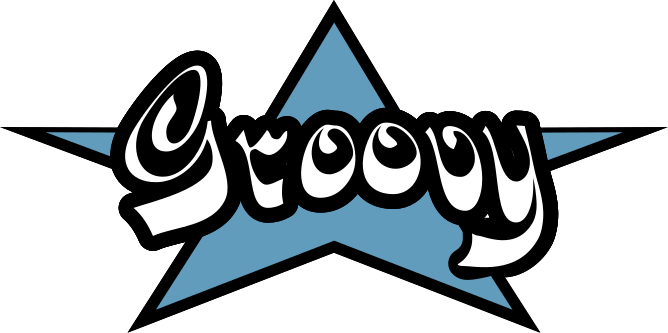
Groovy is a Java-syntax-compatible object-oriented popular programming languages for the Java platform used for scripting and automation in DevOps, such as building, testing, and deploying software. It makes these tasks easier with its simple syntax and ability to use Java libraries. Additionally, Groovy’s integration with Jenkins allows for the creation of complex CI/CD pipelines, enhancing the efficiency and reliability of software delivery. Its dynamic typing and powerful features, like closures and builders, make it a versatile tool for a wide range of automation tasks.
2. Julia

Julia is great for high-performance computing, especially in scientific fields. It’s fast and efficient, making it perfect for complex simulations, data analysis, and machine learning tasks. Julia’s ability to easily interface with other languages like Python, C, and R expands its versatility and applicability across various projects. Furthermore, its rich ecosystem of packages and active community support accelerate development and innovation in scientific computing.
3. Dart

Dart, along with the Flutter framework, is used for making cross-platform mobile apps. This means developers can write code once and use it on iOS, Android, web, and desktop, saving time and effort. Dart’s strong typing and just-in-time compilation enhance development speed and ensure robust performance across platforms. Moreover, Flutter’s rich set of pre-designed widgets and hot reload feature streamline the development process, allowing for rapid iteration and testing.
One special fact about Dart’s evolution is its integration with Flutter, Google’s UI toolkit for building natively compiled applications for mobile, web, and desktop from a single codebase. Flutter uses Dart as its primary programming language, enabling developers to create high-performance, beautiful apps across multiple platforms with ease. This tight integration has significantly contributed to Dart’s growing popularity and adoption, making it not only a strong contender in web development but also a prominent player in cross-platform mobile and desktop development.
4. Kotlin

Kotlin helps reduce repetitive code and avoid null pointer errors in Android app development. Its concise syntax and safety features make it a favorite for building reliable Android apps. Kotlin’s seamless interoperability with Java allows developers to gradually migrate existing projects without a complete rewrite. Additionally, its powerful extension functions and coroutines simplify asynchronous programming, enhancing app performance and developer productivity.
5. Elixir
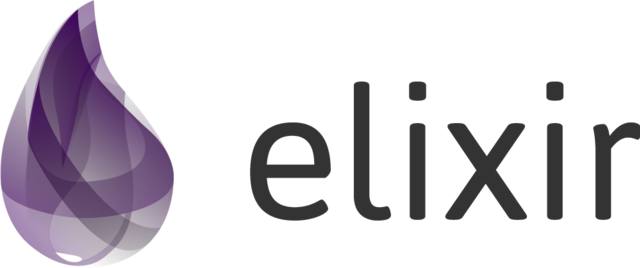
Elixir is designed for building scalable and reliable systems, like web servers and real-time messaging apps. Its model for handling multiple tasks at once and its fault-tolerant design make it ideal for these uses. Furthermore, Elixir’s underlying Erlang VM (BEAM) enables concurrency and distribution, ensuring high availability and fault tolerance even under heavy loads. Its built-in support for distributed computing and robust supervision trees makes it a natural choice for building resilient, distributed systems capable of handling complex workloads.
6. Crystal

Crystal combines performance and safety in systems programming. Its syntax is similar to Ruby, and it checks types at compile-time, making it good for creating fast and secure applications, especially in networking and web development. Moreover, Crystal’s efficient native compilation to machine code results in lightweight and high-performance binaries, ideal for resource-constrained environments. Its seamless integration with existing C libraries further enhances its versatility, allowing developers to leverage the rich ecosystem of existing tools and frameworks.
7. Bosque

Bosque aims to simplify programming by reducing complexity and making code easier to understand. It uses principles like immutability by default to help make code more correct and understandable. Furthermore, Bosque’s focus on mathematical reasoning and formal verification enables developers to write code with greater confidence in its correctness and reliability. Its clear separation of concerns and minimalistic design encourage maintainability and facilitate collaboration among teams working on complex projects.
8. Rust
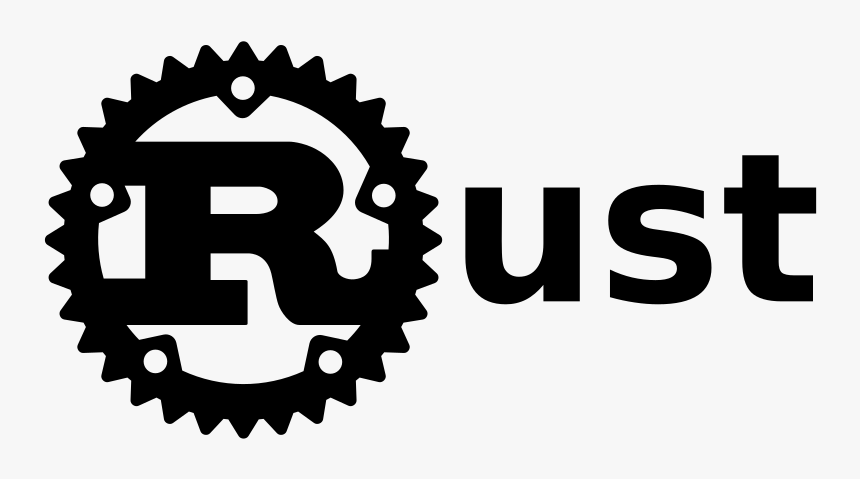
Rust focuses on memory safety and handling multiple tasks simultaneously, which are common issues in systems programming. Its unique ownership system and strict compiler checks help prevent common errors, making it suitable for writing safe and efficient code. Moreover, Rust’s zero-cost abstractions and fearless concurrency empower developers to build high-performance, scalable systems without sacrificing safety or reliability. Its growing ecosystem of libraries and tools continues to expand its applicability across a wide range of domains, from embedded systems to web servers.
9. Scratch
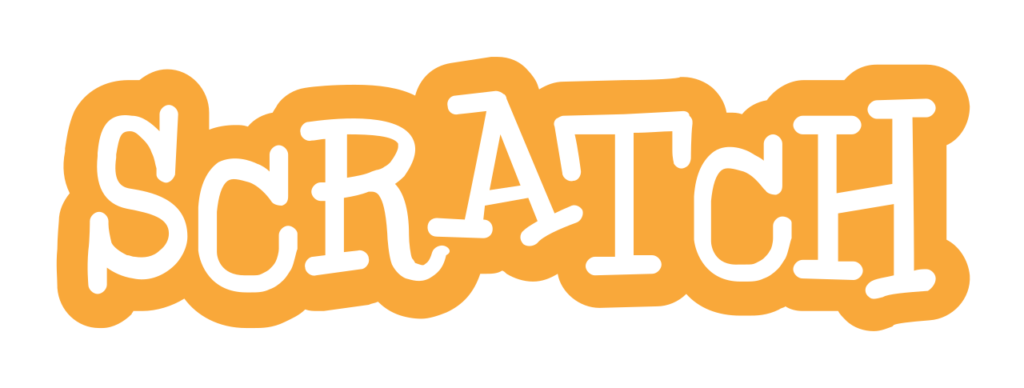
Scratch is designed to teach programming concepts to kids and beginners. It uses a visual programming environment where users create projects by snapping together code blocks, making learning fun and interactive. Additionally, Scratch encourages creativity and problem-solving skills by allowing users to express themselves through interactive stories, animations, and games. Its supportive online community provides a platform for sharing projects, receiving feedback, and collaborating with other learners, fostering a sense of belonging and motivation to explore further.
10. Visual Basic
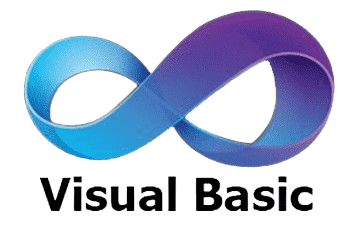
Visual Basic is used for quickly developing applications and automating tasks on Windows. Its easy-to-use features make it accessible for non-programmers to create user-friendly applications and automate repetitive tasks. Scratch encourages creativity and problem-solving skills by allowing users to express themselves through interactive stories, animations, and games. Its supportive online community provides a platform for sharing projects, receiving feedback, and collaborating with other learners, fostering a sense of belonging and motivation to explore further.
11. TypeScript
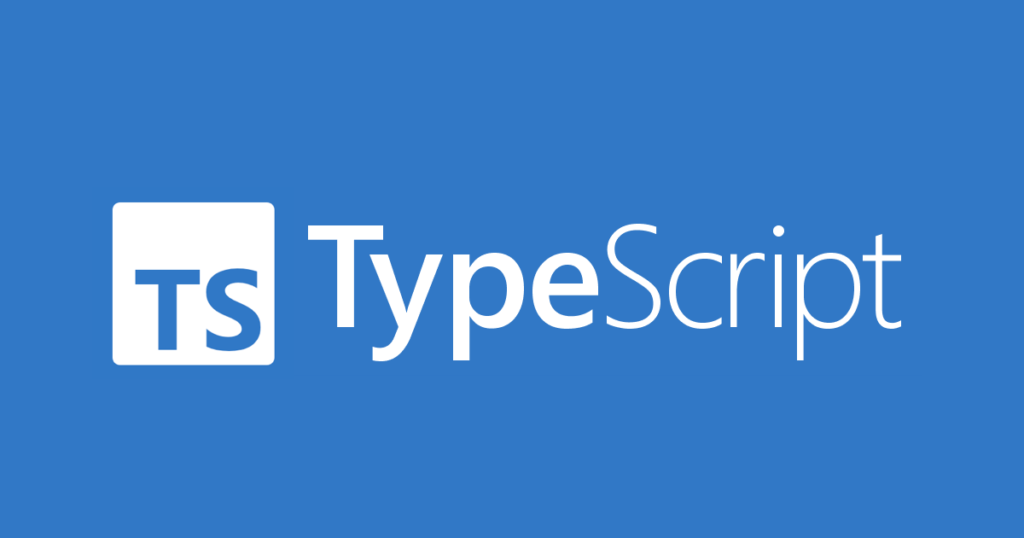
TypeScript is used to manage large-scale JavaScript projects by adding static typing and modern features. This helps catch errors early, improve code maintainability, and enhance developer productivity in complex web applications. Furthermore, TypeScript’s compatibility with existing JavaScript libraries and frameworks facilitates smooth integration into existing codebases, minimizing migration efforts and allowing for gradual adoption. Its support for the latest ECMAScript features enables developers to write modern, future-proof code while leveraging the benefits of static analysis and type checking.
12. Go
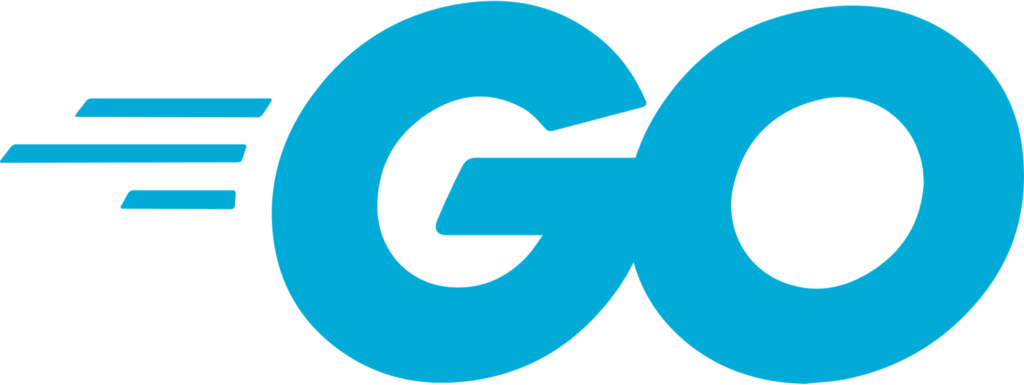
Go is designed for building concurrent and scalable web development and cloud-native applications. Its lightweight goroutines and built-in concurrency support make it ideal for these uses. Moreover, Go’s simple syntax and powerful standard library streamline development, reducing boilerplate code and enabling rapid iteration in building robust and efficient software solutions. Its static typing and compile-time checks ensure code reliability and ease maintenance, particularly in large-scale distributed systems.
13. Swift
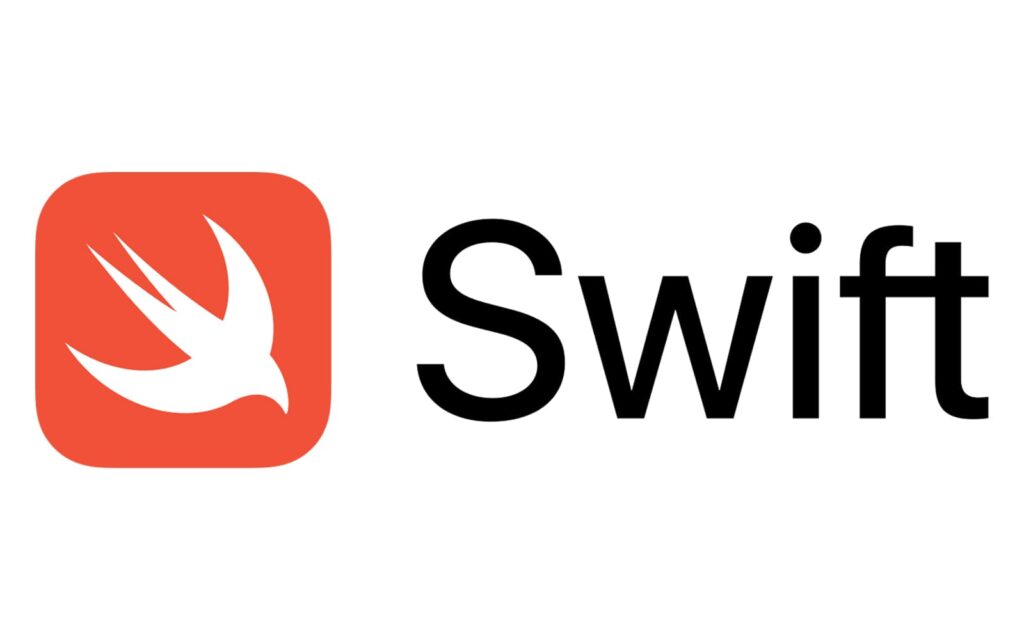
Swift is used for developing native applications on Apple platforms like iOS, macOS, watchOS, and tvOS. Its modern syntax, safety features, and performance optimizations help create fast and secure apps for Apple devices. Furthermore, Swift’s interactive development environment and Playgrounds feature facilitate experimentation and learning, making it accessible to developers of all skill levels. Its seamless interoperability with Objective-C allows for easy integration with existing codebases, ensuring a smooth transition for developers familiar with Apple’s legacy language.
14. Ruby
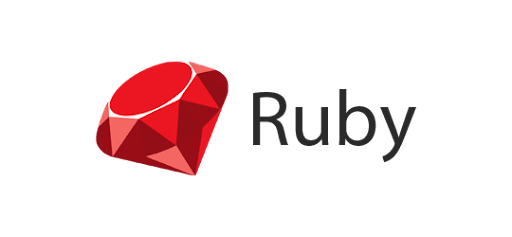
Ruby focuses on making web development enjoyable and productive. It is great for building desktop applications, static websites, data processing services, and even automation tools. It’s used for web servers, DevOps, and web scraping and crawling. And when you add in the functionality of the Rails application framework, you can do even more, especially database-driven web applications quickly and easily.
15. R
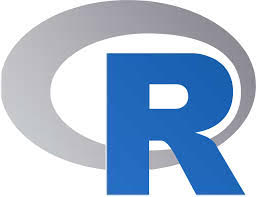
R is essential for statistical computing and data analysis. It provides tools and libraries for exploring, analyzing, and visualizing data, making it indispensable for researchers and data scientists. Moreover, Its seamless integration with languages like Python and SQL expands its versatility, enabling comprehensive data workflows and facilitating collaboration across teams with different tool preferences.
These popular programming languages are important because they offer specialized features that solve specific problems efficiently. They help developers innovate, work more efficiently, and create robust and scalable applications in areas like data analysis, mobile and web development, system programming, and automation. This is why these languages are most popular and widely used.

Final Thoughts
Each programming language mentioned serves a unique purpose and excels in its respective domain. From Groovy’s versatility in DevOps automation to Swift’s proficiency in native Apple app development, and from Rust’s focus on safety in systems programming to Ruby’s emphasis on developer happiness in web development, each language brings its own strengths to the table. Whether you’re building scalable systems in Elixir, analyzing data in R, or teaching programming concepts with Scratch, there’s a tool suited to your needs. As technology evolves, so too do these languages, continuing to empower developers, researchers, and learners alike to innovate and create the next generation of software solutions. These most popular programming languages show how programming keeps evolving to meet new challenges and push technology forward.
If you enjoyed this read, click here to read another amazing article and please do share and leave a comment below. It inspires us to write such amazing articles for you.




You are doing very very good, You are posting more informative and interesting topics. I like to read your posts daily. It is something new for me to learn. thank you for your chosen topics and thank for many things ..